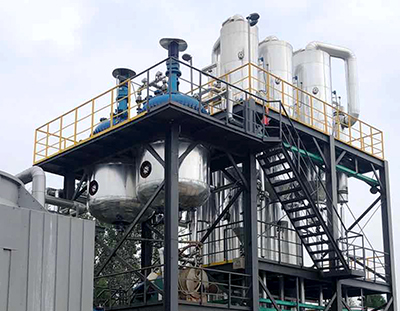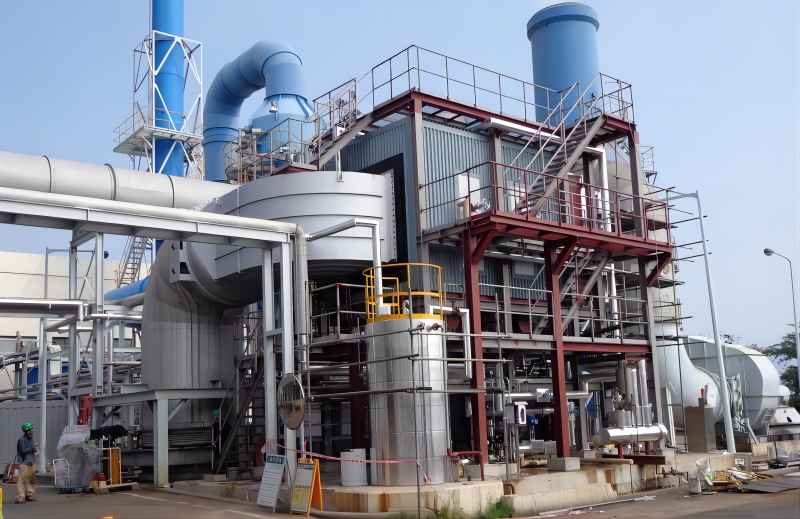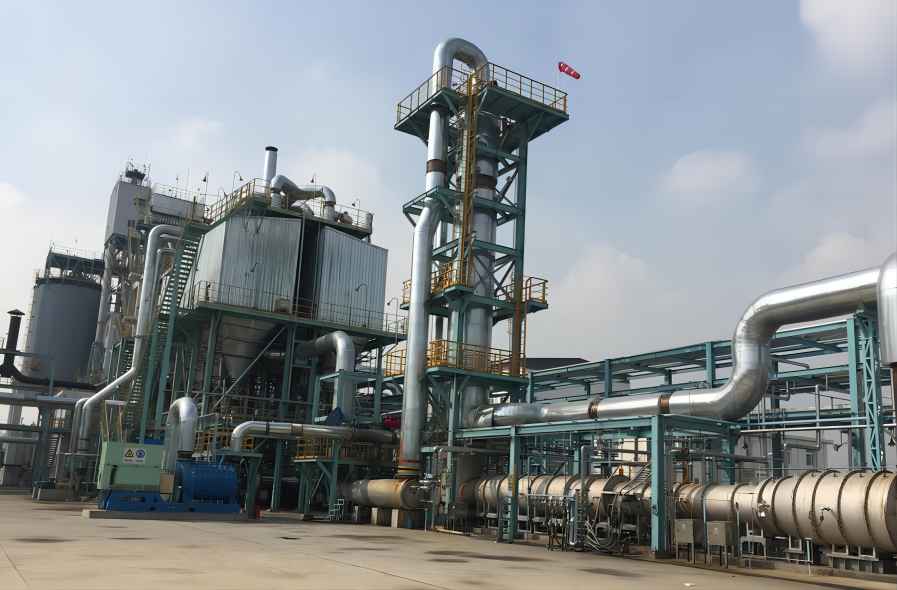Navigating the World of Used Engine Oil: Understanding Its Applications and Recycling Practices
In the realm of automotive maintenance, engine oil plays a crucial role in ensuring the smooth and efficient operation of vehicles. However, after fulfilling its lubricating duties, engine oil transforms into a potential environmental hazard known as used engine oil. This dark, viscous liquid harbors a cocktail of contaminants, including dirt, metal particles, and combustion byproducts, making it a source of concern for environmental stewardship and human health.

What is Used Engine Oil?
Used engine oil is the dark, viscous liquid that remains after engine oil has performed its lubricating function in an internal combustion engine. Over time, engine oil accumulates contaminants such as dirt, metal particles, and combustion byproducts, rendering it unsuitable for further use in its original form. While used engine oil may no longer be suitable for its primary purpose, it still holds potential value in various applications and can be recycled responsibly.
The Potential of Harnessing Used Engine Oil: A Journey Through Diverse Applications
The versatility of used engine oil extends across various industries, each finding unique ways to utilize this recycled lubricant.
1. Lubrication: A Second Life for Used Engine Oil
At the heart of used engine oil’s applications lies its ability to lubricate. Re-refined used engine oil can serve as a viable alternative to virgin oil, extending its lifespan and reducing the demand for raw materials. This recycled lubricant finds applications in a wide range of machinery, including automobiles, industrial equipment, and agricultural machinery.
2. Fuel: Powering the Future with Recycled Oil
Used engine oil can play a role in transitioning towards a more sustainable energy future. By blending used engine oil with other fuels, such as biodiesel or ethanol, a more environmentally friendly fuel blend can be produced. This approach reduces reliance on fossil fuels and mitigates the environmental impact of energy production.
3. Asphalt: Paving the Way with Used Engine Oil
The construction industry has also discovered the value of used engine oil. Its adhesive properties make it a suitable binder for asphalt, enhancing the pavement’s durability and longevity. Incorporating used engine oil into asphalt reduces the need for traditional petroleum-based binders, promoting resource conservation and environmental sustainability.
4. Dust Suppressant: Taming Dust with Used Engine Oil
Used engine oil’s versatility extends to dust control. When applied to roads and construction sites, used engine oil effectively binds dust particles, preventing them from becoming airborne and causing respiratory issues. This application is particularly beneficial in arid regions where dust poses a significant environmental and health concern.
5. Metalworking Fluid: A Smooth Operator in Metalworking
In the metalworking industry, used engine oil finds application as a cutting fluid. Its lubricating properties reduce friction and heat generation during metal cutting operations, prolonging tool life and improving machining efficiency.

Recycling Used Engine Oil: A Responsibility for Environmental Stewardship
While used engine oil offers a range of valuable applications, the used engine oil recycling process demands careful consideration to minimize environmental impact and protect human health. Responsible recycling practices ensure that used engine oil is handled safely and effectively, preventing its release into the environment.
1. Proper Storage: Keeping Used Engine Oil Contained
Proper storage is paramount to prevent used engine oil spills and leaks. used engine oil should be stored in clean, leak-proof containers that are clearly labeled with their contents and the date of collection. These containers should be kept in secure locations away from potential sources of contamination.
2. Collection and Transportation: Moving Used Engine Oil Safely
Used engine oil collection and transportation must adhere to strict guidelines to prevent spills and accidental releases. Authorized personnel should handle used engine oil transport, utilizing designated vehicles equipped with spill containment measures.
3. Recycling Facilities: The Final Destination
Used engine oil’s journey ends at certified recycling facilities, where it undergoes a series of treatment processes to remove contaminants and restore its lubricating properties. These facilities employ advanced technologies to ensure that recycled used engine oil meets stringent environmental standards.

Conclusion: A Sustainable Future with Used Engine Oil
Used engine oil, once considered a waste product, has emerged as a valuable resource with diverse applications. By embracing recycling practices and exploring innovative uses for used engine oil, we can minimize its environmental impact and promote a more sustainable future. As we navigate the world of used engine oil, it is crucial to recognize its potential and adopt responsible practices to ensure its safe and effective utilization.







